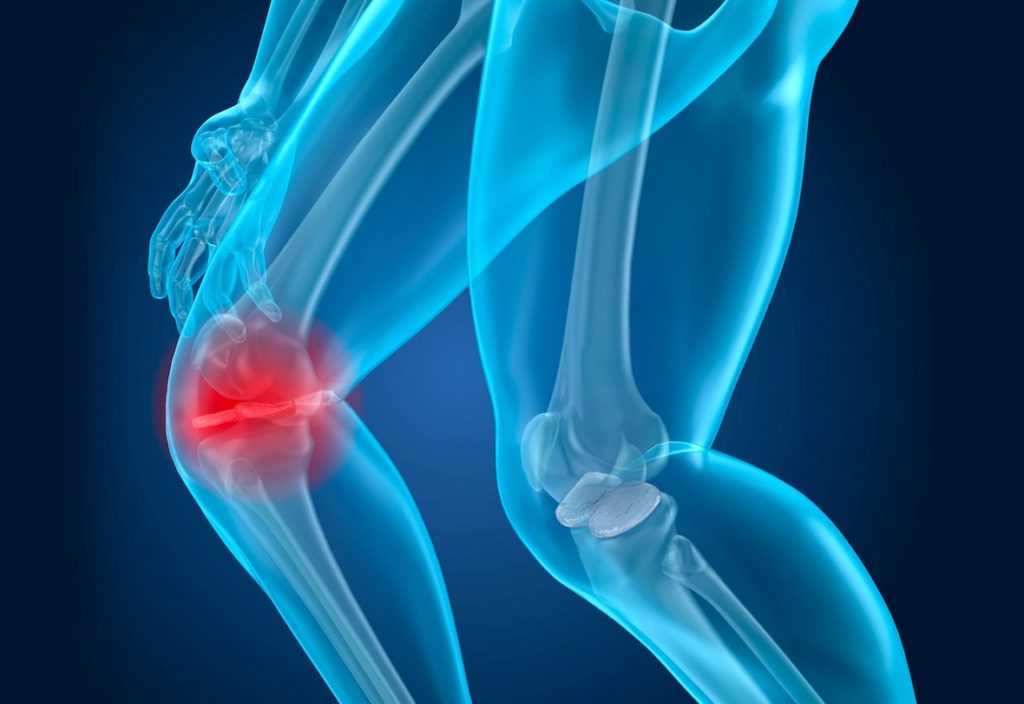
CSEM leads breakthrough research in regenerative medicine
11 February 2020

A European research project coordinated by CSEM in Neuchâtel aims to offer an alternative to donor organ transplants: manufacturing human liver tissue patches through 3D printing. End-stage liver failure is a major healthcare challenge. While transplantation is the most effective way to re-establish a functioning liver, less than 10% of global transplantation needs are currently […]
A European research project coordinated by CSEM in Neuchâtel aims to offer an alternative to donor organ transplants: manufacturing human liver tissue patches through 3D printing.
End-stage liver failure is a major healthcare challenge. While transplantation is the most effective way to re-establish a functioning liver, less than 10% of global transplantation needs are currently met, and the gap between patients on waiting lists and available donor organs keeps widening.
The EU H2020 funded ORGANTRANS project combines advanced know-how in cell biology, biomaterials, bioengineering, automation, standardization and clinical translation to create an alternative to organ donation. Coordinated by CSEM, eight consortium members will develop an entire value chain that will supply the regulated tools to engineer a complex liver construct that is safe to undergo clinical translation. This liver tissue printing platform will first be scaled to Europe and then to the rest of the world.
Thanks to its established and broad expertise in the life sciences, drug testing, and regenerative medicine domains, CSEM emerged as the ideal research organization to coordinate the transformation of science into groundbreaking solutions for human health. “We have a strong emphasis on developing Deep Tech, which supports the complete valorization chain — from cell source to organ-on-chip systems or engineered tissues,” explains Gilles Weder, Project Coordinator from CSEM.

